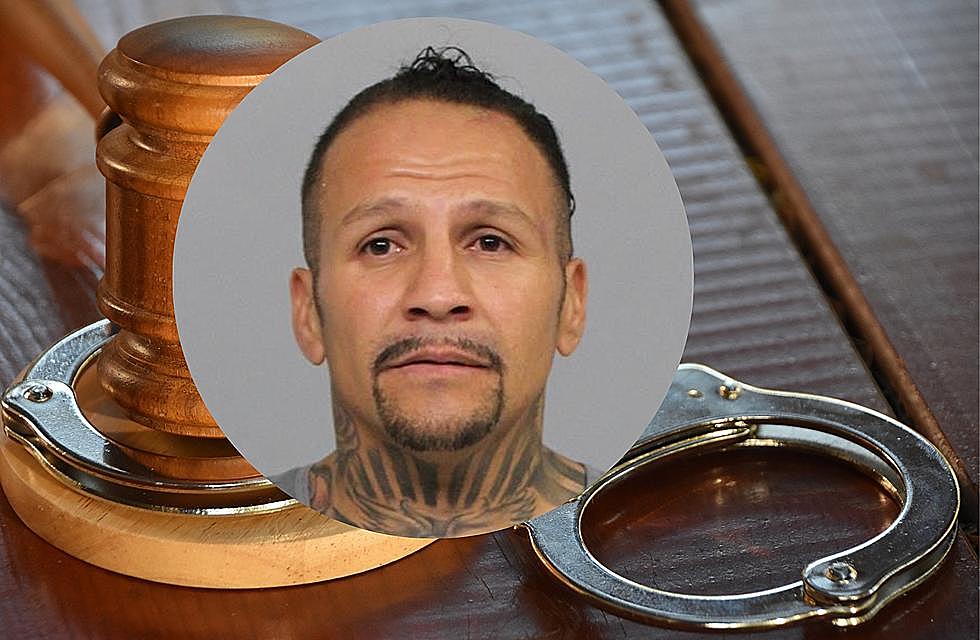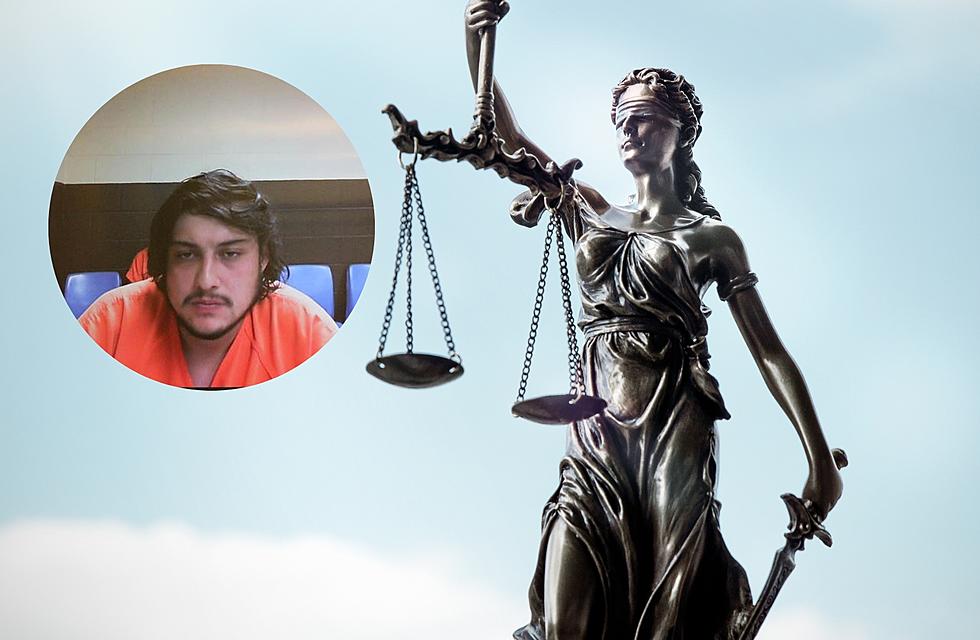
Wyoming Supreme Court Hears Case of Casper Man Who Killed Alleged Aggressor
LARAMIE -- A state public defender told the Wyoming Supreme Court on Thursday that a Casper man had the right to defend his property and family in August 2018 when he shot and killed a man who allegedly charged into his home in north Casper.
Natrona County District Court Judge Catherine Wilking -- who said she did not have much case law to evaluate the new law and urged the district attorney to take the case to the Supreme Court -- was right to conduct a motion hearing that led to the dismissal of the first-degree murder charge against Jason John after the case was bound over for trial, Desiree Wilson told the court during an hour-long hearing at the University of Wyoming's College of Law.
John also had immunity from prosecution under the state's new "stand your ground" law that went into effect the month before, Wilson said.
She responded to the arguments from Assistant Wyoming Attorney Samuel Williams who asserted Wilking did not have the right to conduct the hearing because it violated the separation of powers between the state's executive branch that prosecutes crimes and the judicial branch.
Williams also said John was not protected by the new stand your ground law.
Before the hearing began, John and his family held hands and prayed.
The Wyoming Supreme Court held this and another hearing at the College of Law as part of its efforts to show the public what it does, Chief Justice Michael Davis said.
Oral arguments usually last 30 minutes, but Davis said he granted an extra five minutes to each side to recount the facts of the case.
Williams said the case started early Aug. 3, 2018, when John exchanged text messages over about 15 minutes with his ex-girlfriend who was in a relationship with Wesley Willow. They and another man were at a local hotel celebrating her birthday.
The texts became more argumentative and vulgar, John called his ex-girlfriend a crackhead and a bad mother, threatened to kill her, and she finally told him to stop, Williams said.
Willow then texted John and they challenged each other to a fight.
Willow, the ex-girlfriend and the other man drove to John's mobile home in north Casper, parked their car away from the residence, and they approached, Williams said.
The other man said they heard John and Willow exchange words and then they heard the shots from an assault-style rifle, he said. Two bullets grazed Willow, two hit him, and the rest were fired into his back after he fell.
The Natrona County District Attorney's Office said at John's preliminary hearing in circuit court that the mutually aggressive texts, John's waiting for Willow, the unnecessary number of shots fired, that Willow may have been outside when the first shots were fired, and other facts demonstrated that John's first-degree murder charge was warranted.
Wilson, however, said that not all the facts were presented during the preliminary hearing.
Those omissions, she said, led to the wrong decision to bind the case over for trial, and necessitated the need for a separate hearing in district court that resulted in dismissing the case and upholding John's immunity from prosecution.
The prosecution, she said, neglected to mention that the ex-girlfriend and the other man saw John on his with a gun, they had parked away from John's home, that John was not the aggressor, that he repeatedly warned Willow to stay back and go away, that Willow ascended the steps of the residence, John backed into his home, and then shot Willow.
If the entire record of the texts between John and his ex-girlfriend had been shown during the preliminary hearing, the context would have revealed the two were talking about their children and how she could not care for them, Wilson said.
"It should have come up during the preliminary hearing," Wilson said. "The state controls the evidence."
John and the State Public Defender's Office wants the Supreme Court to uphold the Natrona County District Court's dismissal of the case because the factual findings and legal doctrines needed to be discussed, and that John had immunity from prosecution under the "stand your ground" law.
The Wyoming Supreme Court will consider these issues;
- Whether the district court violated the separation of powers doctrine when it ruled John could not be prosecuted despite the district attorney having probable cause to charge him.
- If the district court misapplied the law when it held a pretrial hearing on the issue of immunity, and whether it applied the appropriate standard to determine whether John was immune from prosecution.
- If the district court erred in its application of Wyoming law and common law on self-defense.
At the end of the hearing, Chief Justice Davis said the court will take the case under advisement and will issue its opinion later.
More From K2 Radio









